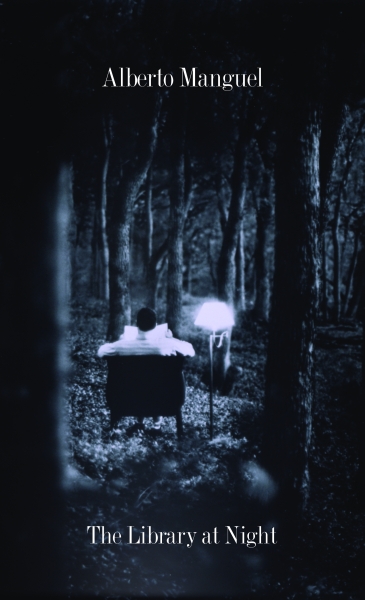The Library at Night
by Alberto Manguel
Ok so I have been done with this book for a while, so I can't really remember a lot of it. I'm grasping at fleeting impressions, and using a few notes I took.
This book examines libraries through the lens of different concepts: Library as Myth, Library as Space, Library as Power, Library as Identity, etc.
I was not prepared to like this book, as the author spent most of the first chapter expounding on how awesome libraries are, his in particular. But then he got into the historical bits and I loved it!
For example, there were public libraries dating back to ancient Rome. People would read aloud to themselves, before the idea of silent reading caught on, the Warburg library was cataloged more by the movement of the world soul than by logic. And that ancient libraries were very like our own:
“May Ishtar bless the reader who will not alter this tablet nor place it elsewhere in the library and may she denounce in anger he who dares withdraw it from the building.” – Mesopotamian tablet 7th cent B.C.
I also found it rather uncanny that when I was having difficulty cataloging the Luce, the book would talk about the difficulties of cataloging, and when I was running out of space, it would talk about the problems of fitting your books where they need to be.
And it had great quotes and ideas:
“If an image of the cosmos can be assembled and preserved under a single roof (as King Ptolemy must have thought) then every detail of that image – a grain of sand, a drop of water, the king himself – will have a place there, recorded in words by a poet, a storyteller, a historian, forever, or at least as long as there are readers who may one day open the appointed page. There is a line of poetry, a sentence in a fable, a word in an essay, why which my existence is justified; find that line and my immortality is assured.”
“According to an early hadith, or Islamic tradition, “one scholar is more powerful against the Devil than a thousand worshipers.”
“A library’s value was determined only by its contents and the use readers made of that contents, not by the rarity of its treasures.”
“There is an unbridgeable chasm between the book that tradition has declared a classic and the book (the same book) that we have made ourselves through instinct, emotion and understanding: suffered through it, rejoiced in it, translated it into our experience and (notwithstanding the layers of readings with which a new book comes into our hands) essentially become its first discoverers, an experience as astonishing as finding Friday’s footprints in the sand.”

No comments:
Post a Comment